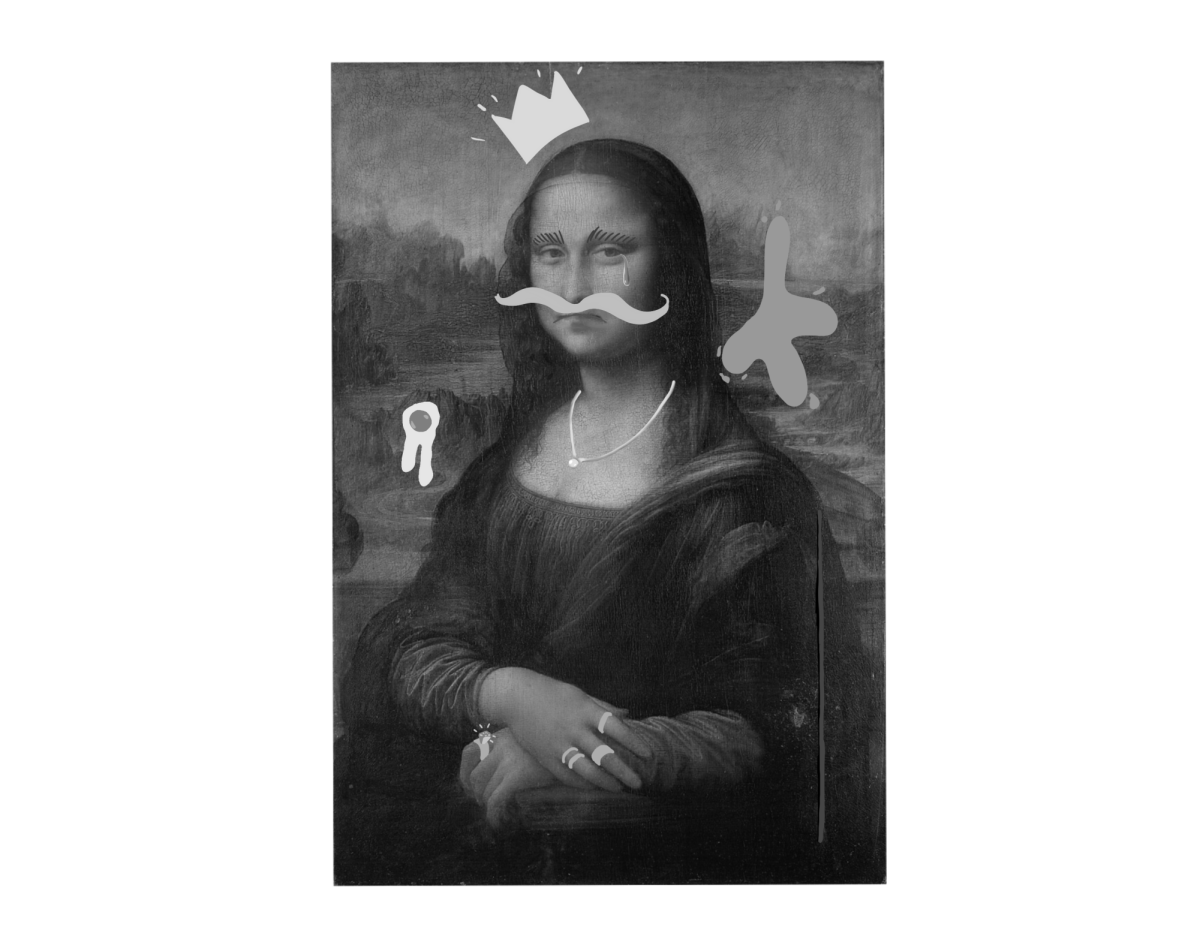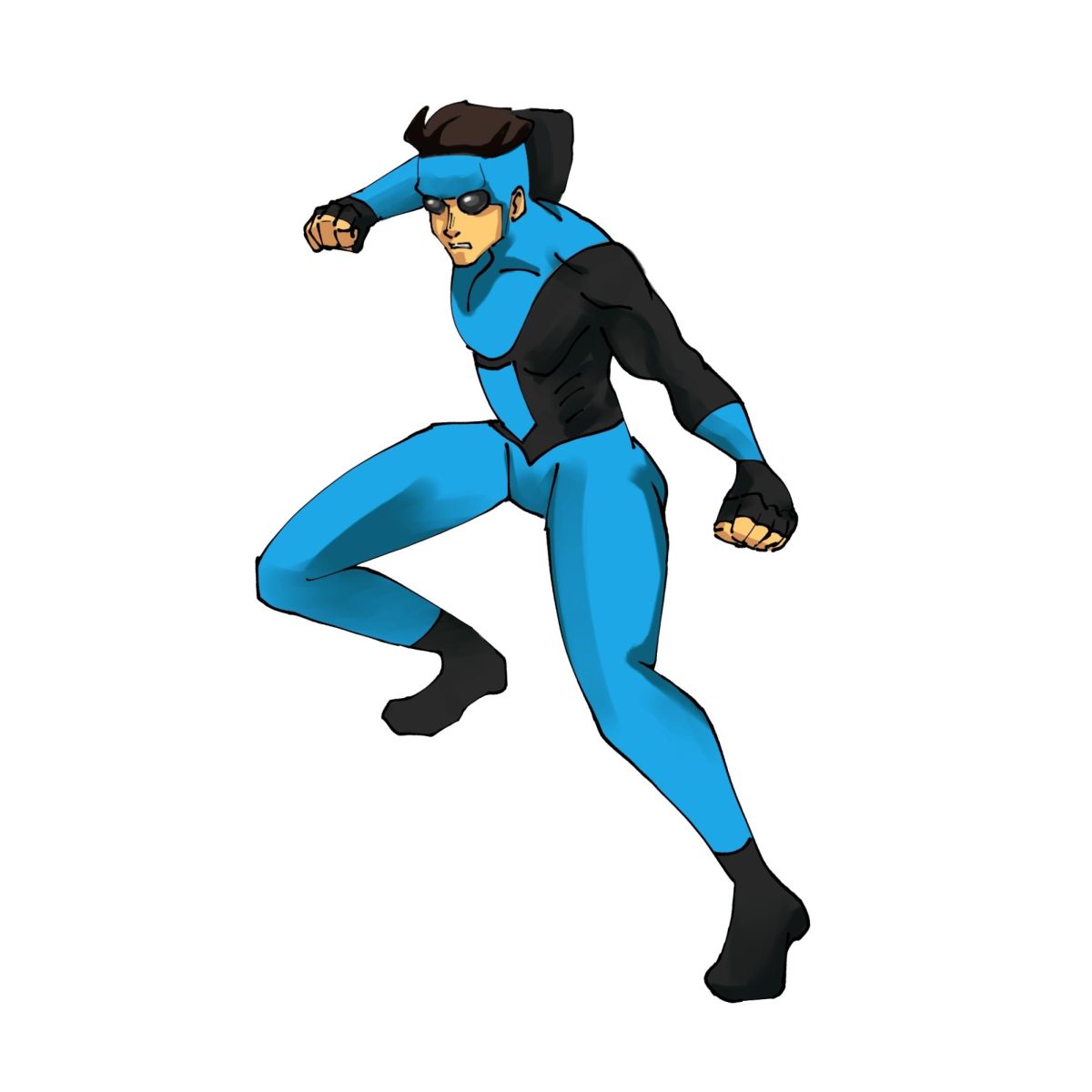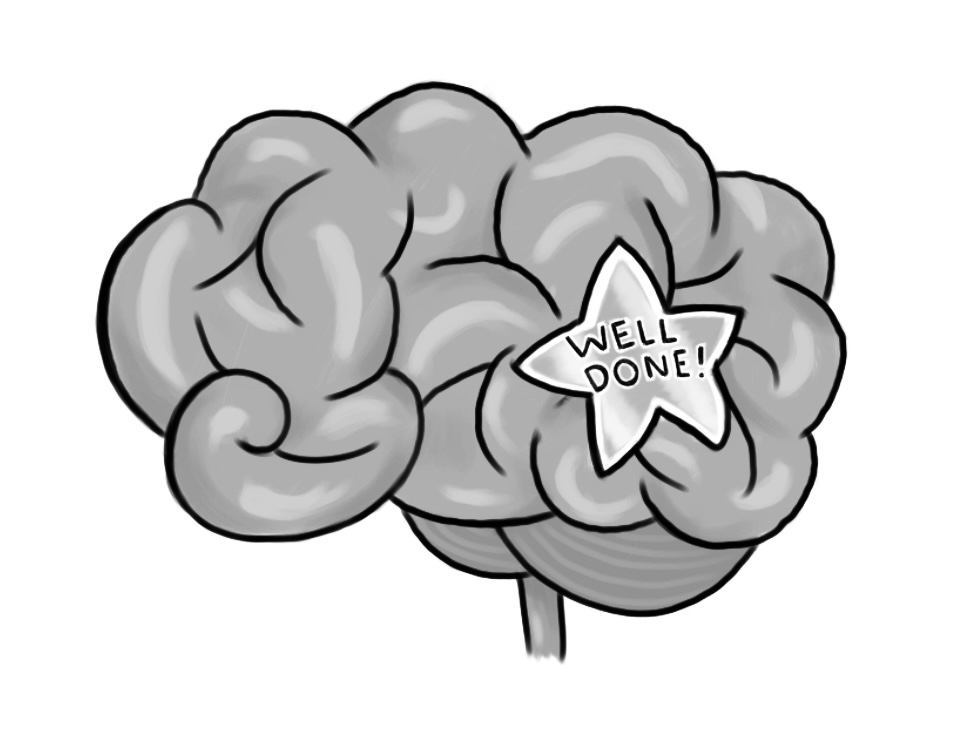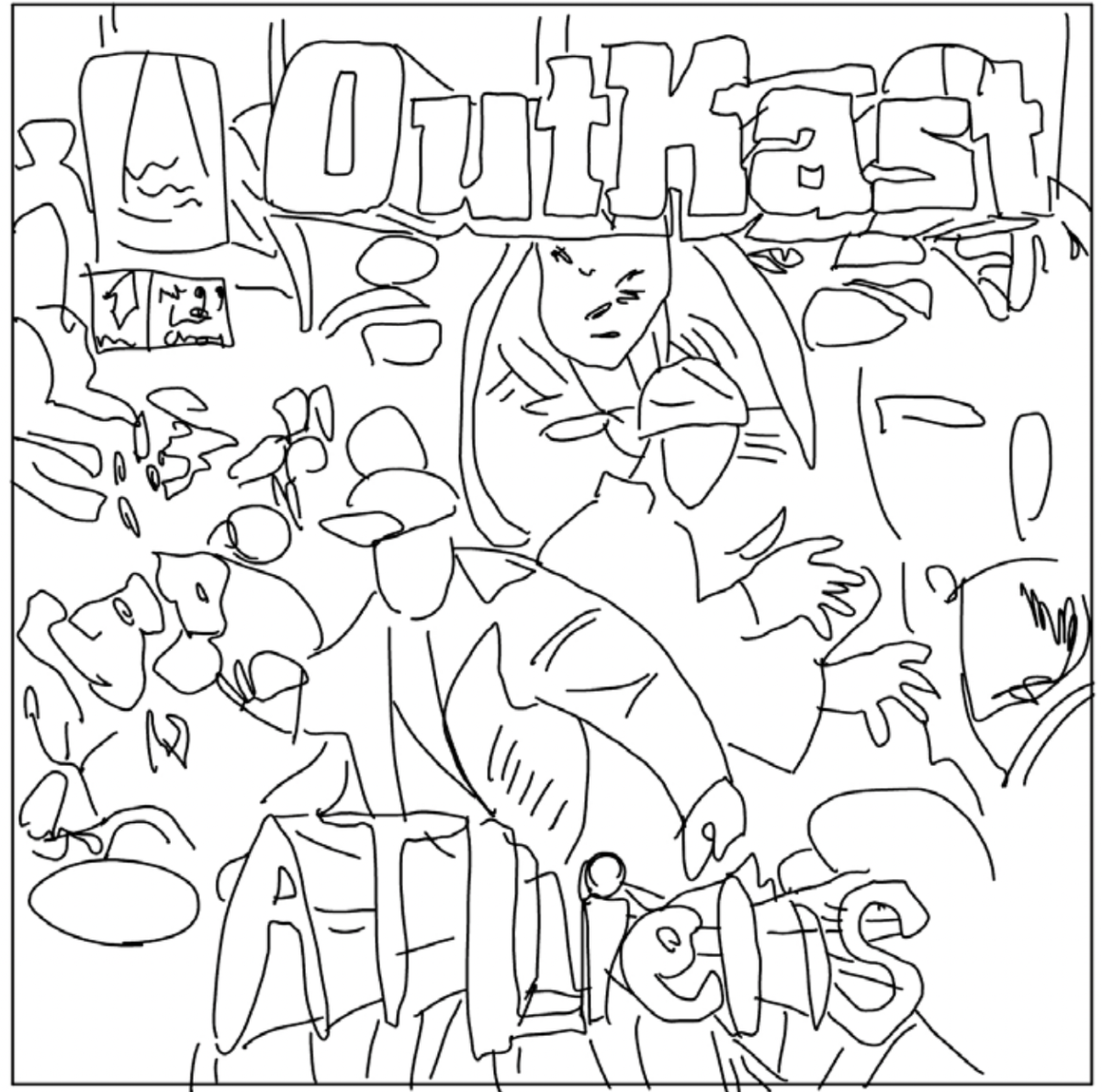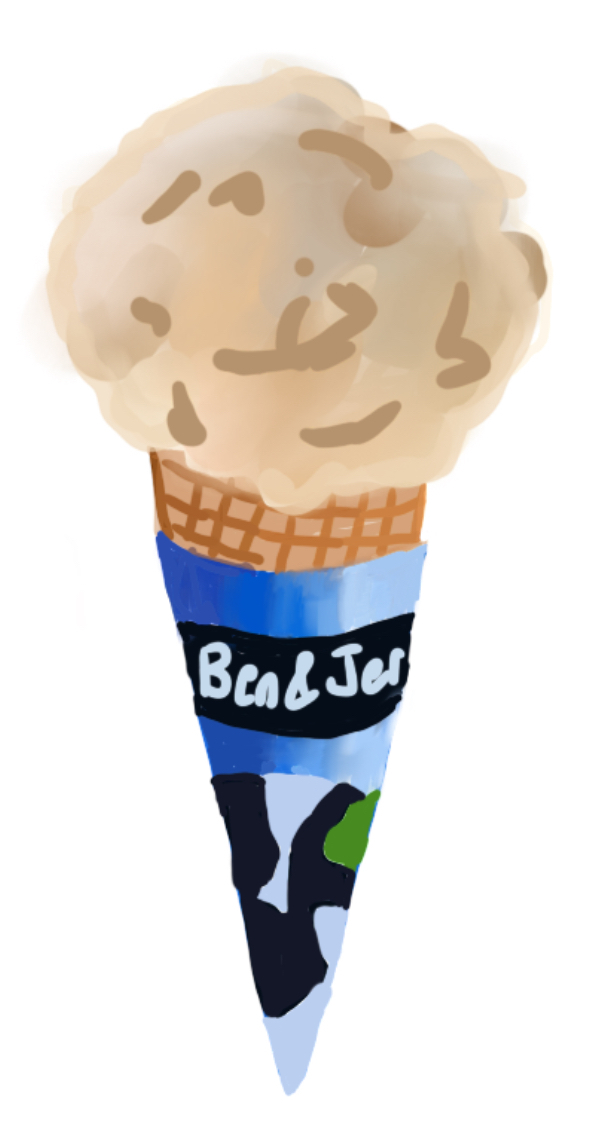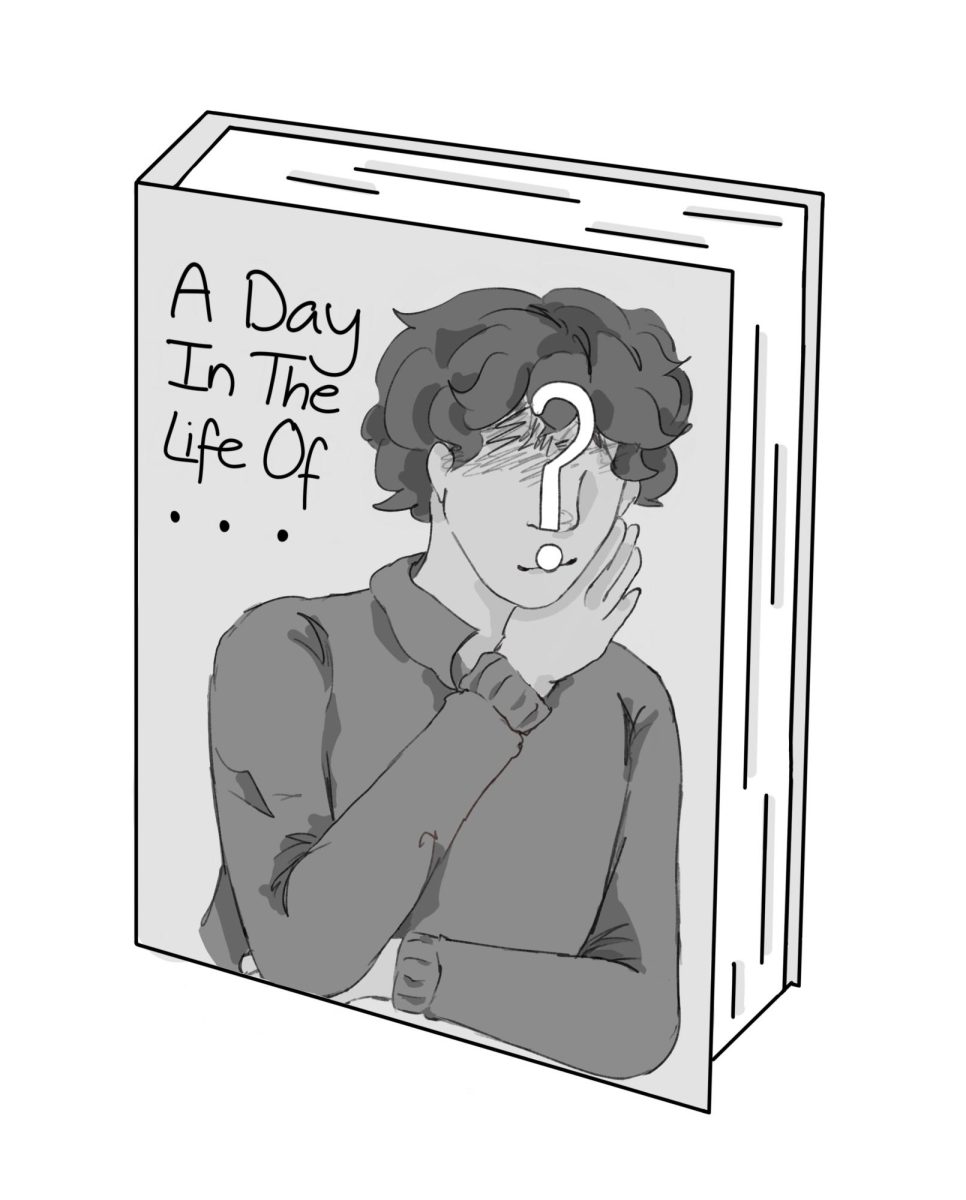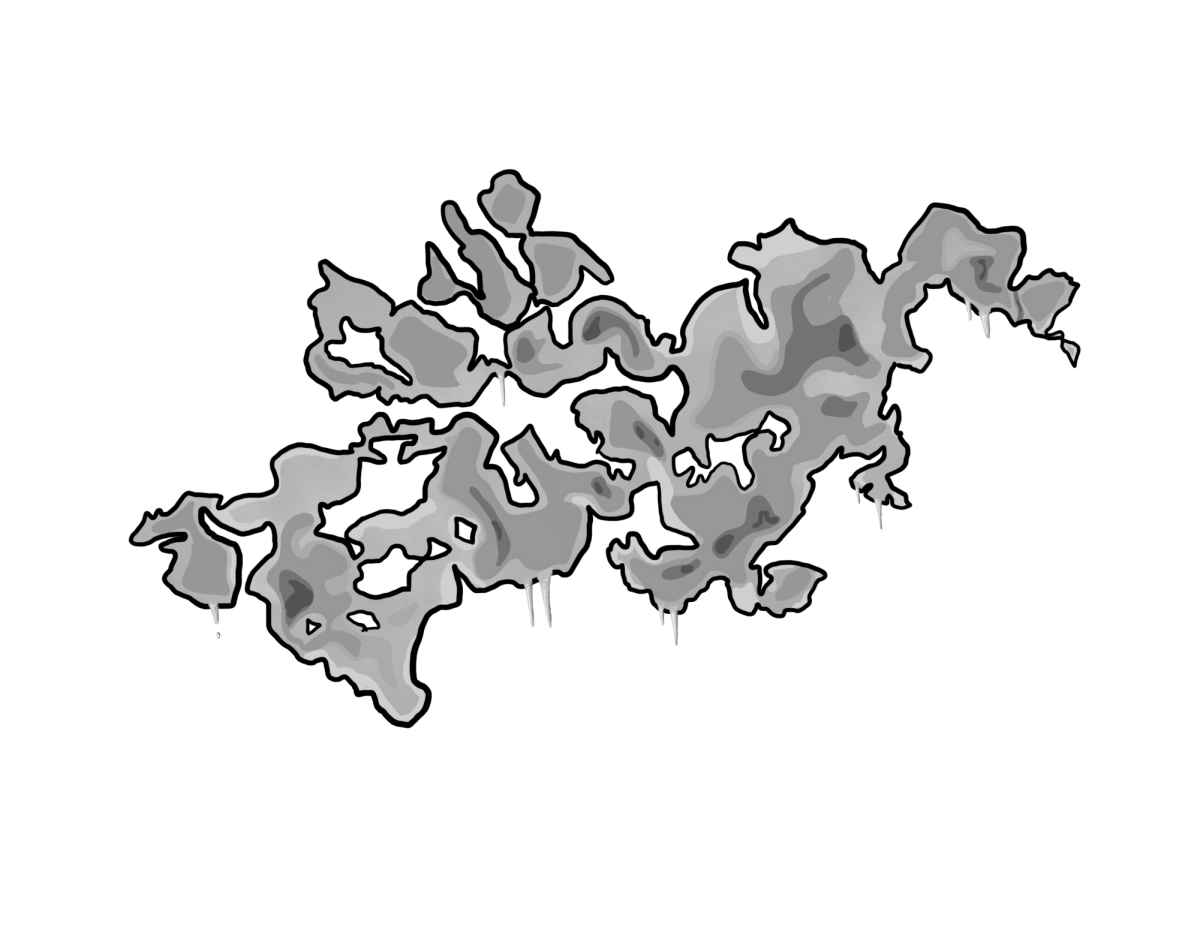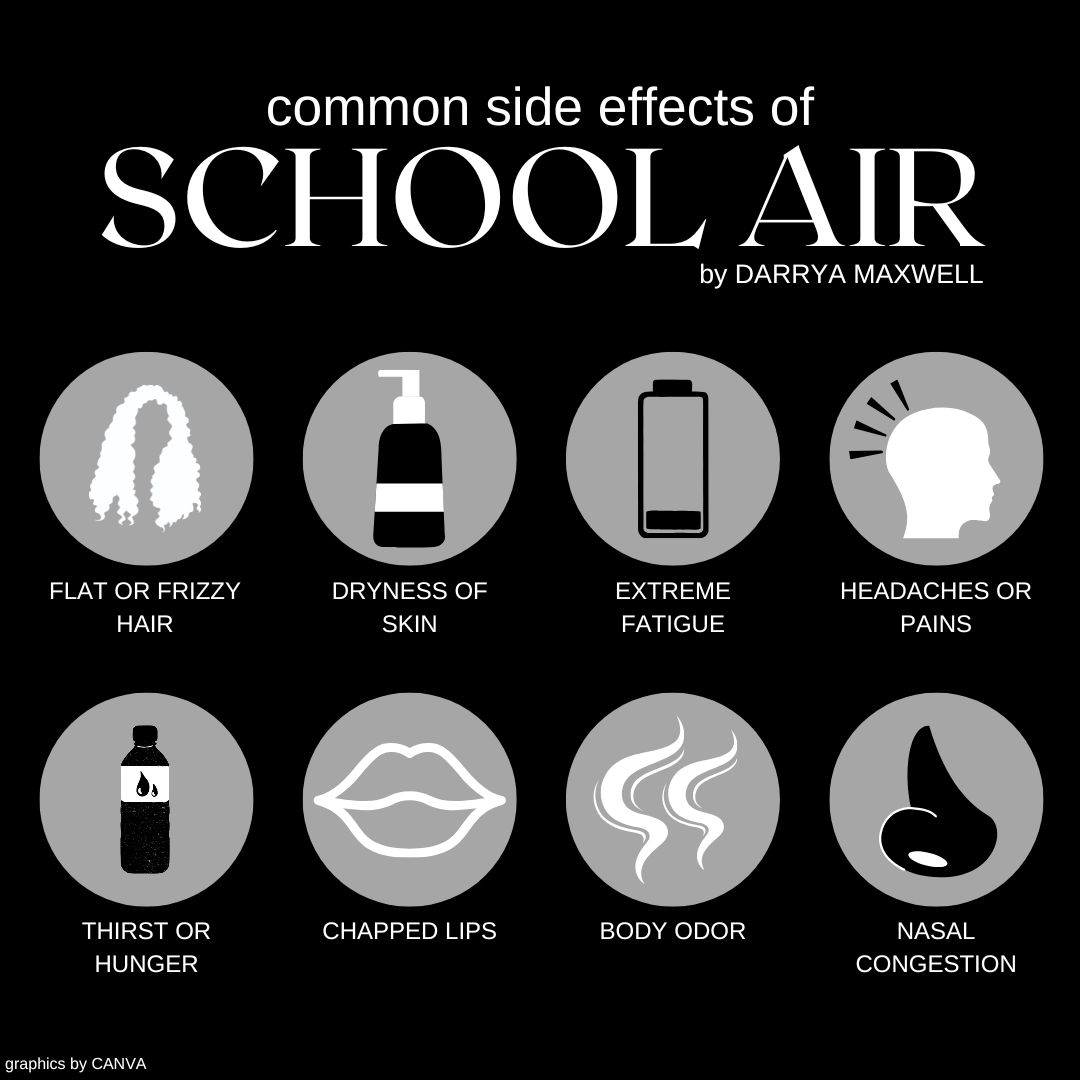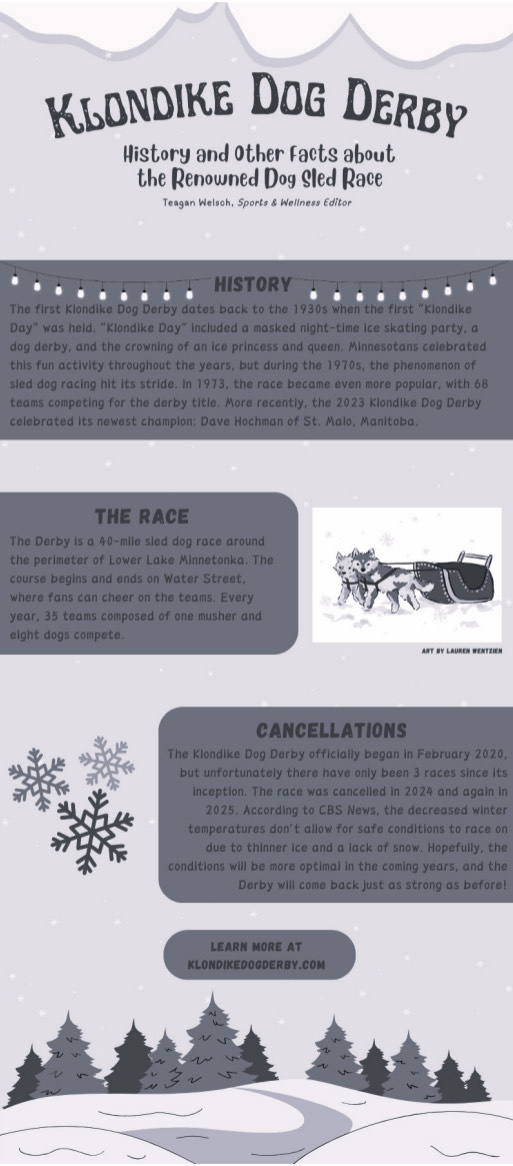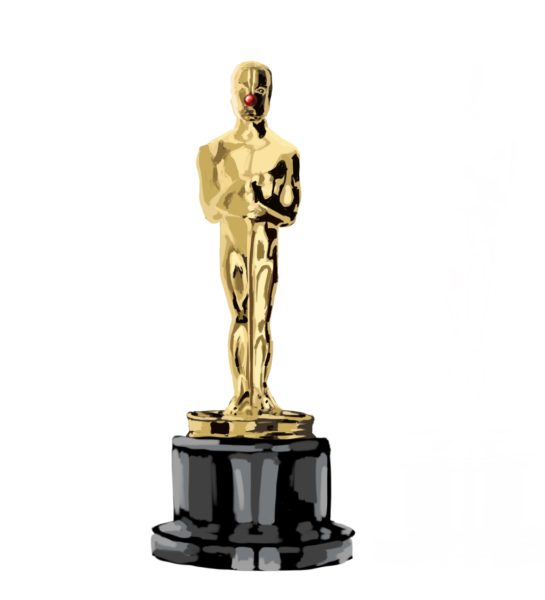Mickey Mouse’s Dark Side

The Copyright Term Extension Act (CTEA) was signed into law on October 27, 1998. The act, which passed the senate with unanimous consent, retroactively extended copyrights by 20 years for products published prior to 1978 (meaning that many copyrights would expire a total of 95 years from their publication date). In practice, this meant that works of art from as early as the 1920’s weren’t allowed to enter the public domain on their original schedule. Naturally, this law benefited certain parties more than others. One such party (who just so happened to be a powerful force behind the law) was the Walt Disney Corporation. While law didn’t only apply to them, this fact spawned the law’s more popular title–The Mickey Mouse Protective Act.
This act clearly didn’t have the consumers’ best intentions in mind. Without it, culturally important works would have been openly accessible in the public domain for consumption, reuse, and reinvention. For example, without the extension, the 1928 animated short film “Steamboat Willie” (known for being the first cartoon with synchronized sound) would have been free for all starting in 2003.
The “Disney Vault” is another result of unfair copyright extensions. When a film goes “in the vault,” it’s no longer available until being re-released at retail. This effectively allows Disney to control the price and quantity of previously released products. The “Vault” holds many historically important films, including Snow White and the Seven Dwarfs (released 1937). If not for the Digital Millennium Copyright Act (which passed one day after CTEA and is closely related), this film would have been free in the public domain. This is rather ironic due to the fact that, without the character Snow White having fallen into the public domain before the production, this achievement in film may not have been produced. Disney has both provided consumers with culturally important pieces of entertainment and prevented the creation of new ones.
Copyright laws are often arbitrary and constantly shifting. This flexible nature is not necessarily a bad thing, for it allows the law to meet new demands. However, the retroactive nature of these laws is disagreeable. From the consumers’ point of view, retroactivity only limits the amount of freely available content and may even hinder future creativity. Retroactive extensions also raise the fear of re-extensions. The law sets a dangerous precedent that may destroy the public domain. This is unfortunate since, without this important safety valve, the copyright owner’s interest in exclusive use of a product would no longer be limited by the public’s interest in preserving culture.
Copyrights serve an important purpose, but they can also be severely abused. The Copyright Term Extension Act favors corporations over people.

